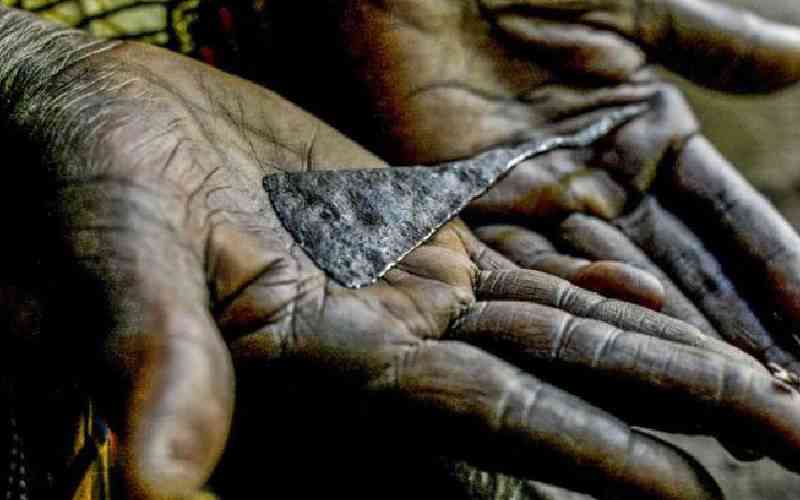×
The Standard e-Paper
Smart Minds Choose Us

February 6 is International Day of Zero Tolerance for Female Genital Mutilation (FGM).
FGM is a grave violation of women and girls' rights, with lifelong implications. It robs girls of their childhood, entrenches gender inequality, and causes serious physical and mental harm.